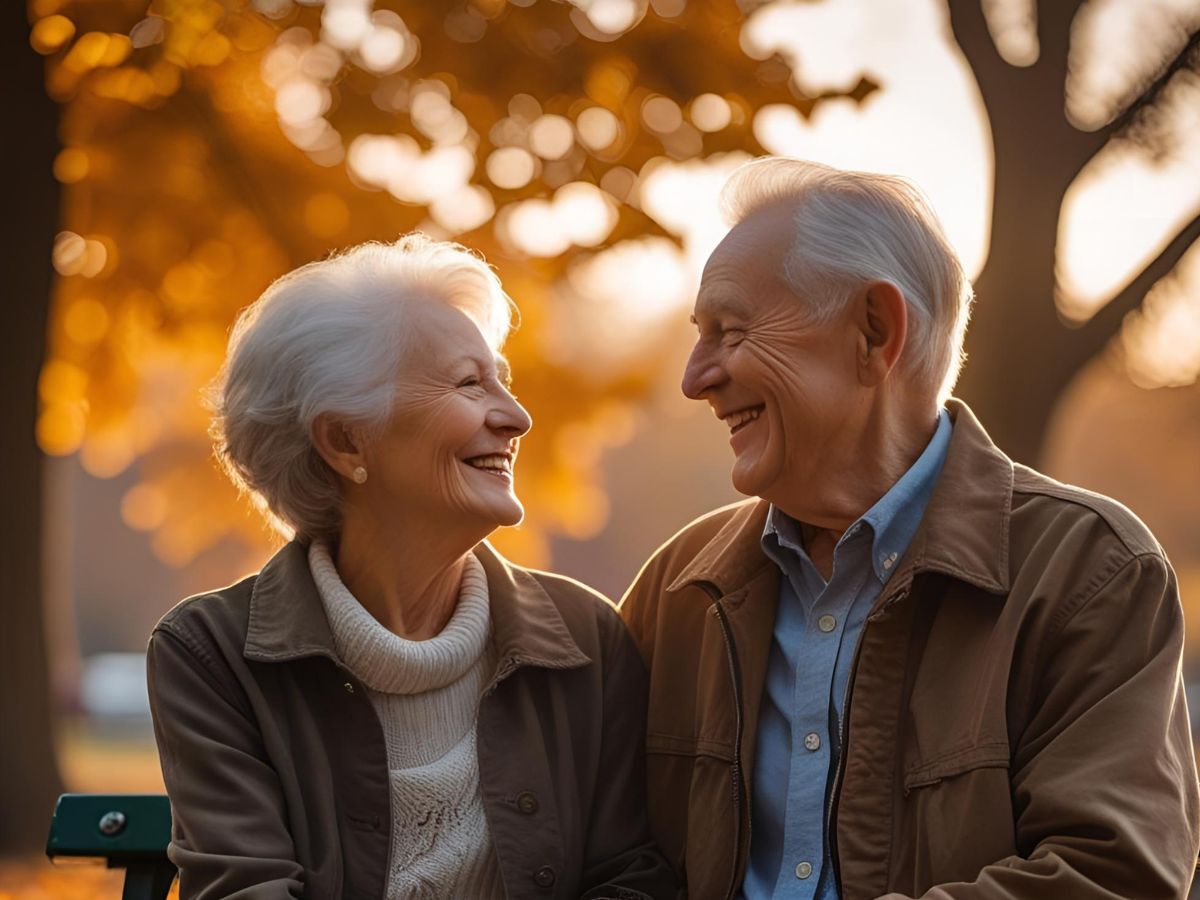As people age, their body starts to become sensitive, although there is a corresponding reduction in temperature sensitivity. Older people tend to be cooler in the winter and more comfortable in the summer, as opposed to the younger generation. Check out how!
Compromised Thermoregulation
Aging leads to impairing an individual’s capacity to control their core temperature. If you have noticed that elderly people sweat and shiver less and do not sense quite as deeply the extremes of heat and cold. This leads to an increased risk of heatstroke or hypothermia.
Inadequate Circulation
Do you know that as you age, your blood vessels start to lose their elasticity, and circulation slows down? Thus, the body finds it hard to warm up and cool down, especially at the extremities-fingers and toes.
Chronic illnesses
Most elderly adults suffer from chronic illnesses like arthritis, cardiovascular disease, or diabetes. These illnesses may be exacerbated by weather changes, with cold exacerbating joint pain and heat stressing the cardiovascular system.
Cognitive Decline
A few people with memory impairments like dementia may not notice or respond to pain from extreme weather. They may, for instance, omit wearing warm clothing or drinking water. Hence, they are endangering their health.
Limited Social and Environmental Support
Some elderly individuals live alone or avoid using heating or cooling appliances due to financial constraints. Without support, such individuals are more vulnerable to changing climates.
It is very important to understand the reasons behind older persons feeling the weather changes more intensely. This will help families and caregivers take better precautionary measures. This includes checking the social environment, adjusting room temperatures, and providing seasonal clothing, among others, and observing weather-related symptom presentation.
Disclaimer- This article is for informational purposes only and is not a substitute for professional medical advice. Please consult a healthcare provider for personalized guidance.
Shubhi is a seasoned content writer with 6 years of experience in digital media. Specializing in news, lifestyle, health, sports, space, optical illusions, and trending topics, she crafts engaging, SEO-friendly content that informs and captivates readers. Passionate about storytelling, Shubhi blends accuracy with creativity to deliver impactful articles across diverse domains.







